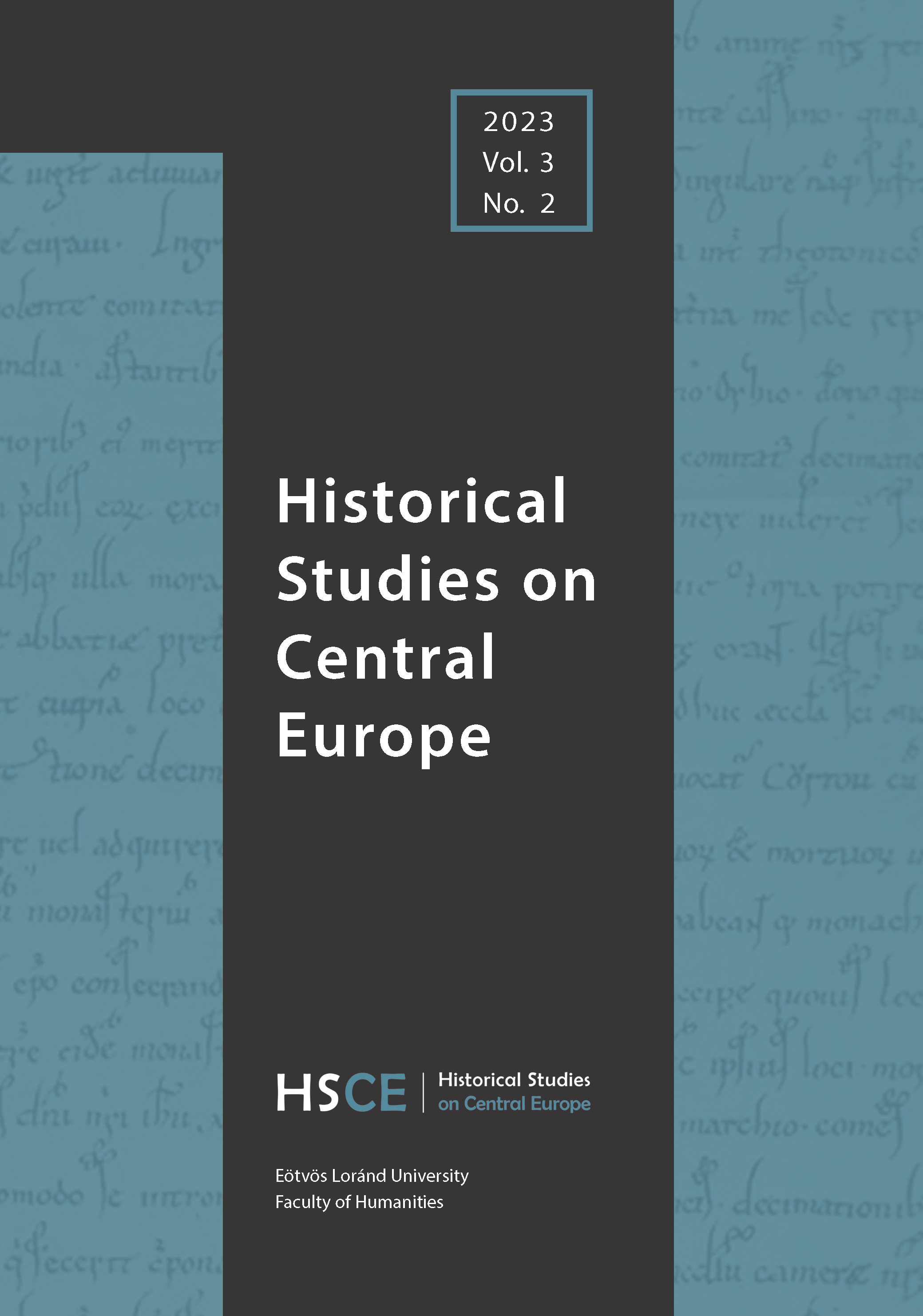Depoliticizing the Modern Nation: Discourses of Organic Nationhood and Political Socialization in the Interwar Yugoslav Sokol
Published 18-12-2023
Keywords
- political socialization,
- conceptual history,
- interwar Yugoslavia,
- Sokol,
- East Central Europe
- nationalism studies ...More
How to Cite
Copyright (c) 2023 Lucija Balikić

This work is licensed under a Creative Commons Attribution-NonCommercial 4.0 International License.
Abstract
Taking the case of the interwar Yugoslav Sokol (Sokol Kraljevine Jugoslavije), this article examines the complex relationship between the discourses of organic nationhood and political socialization in what was the largest voluntary association in the country. While Sokol typically projected a vision of itself as an apolitical entity—as it claimed to represent the organic national body—this article will explore the dynamics, as well as contradictions, between such discourses and the socio-political reality they aimed to describe and eventually alter in their pursuit of improving the ‘national body.’
In conversation with scholarship on the conceptual history of modern East Central European nationalisms, including the social history of ideas and movements and political socialization more specifically, this article provides insight into the contextual, conceptual history of nationhood by focusing on selected thinkers engaged in Sokol, against the backdrop of particular mass practices and modes of political socialization in the organization. The tension between the involvement of the masses in the allegedly apolitical formations and the reality of subjecting them to political socialization en masse provides the central axis around which the argument is organized. The article concludes that their concept of nationhood was intimately intertwined with that of democracy and simultaneously posited against (party) politics and statism. Moreover, it demonstrates that Sokol was rooted in notions of civilizational hierarchies and directly linked to producing modern political subjects for the new Yugoslav state by means of the gymnastic and educational practices they promoted and conducted.


